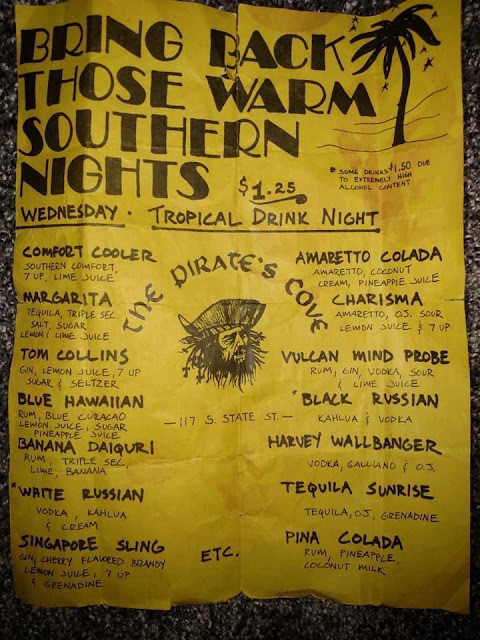It's on his site:
 |
| Sui generis |
I didn't listen to Rush that much -- he was on the air while I was at work and the only times I would hear him was if I had a day off or was in transit as part of something I was doing on the job. It would have been impossible to work and listen to him at the same time, because he would command your attention.
When I first became of aware of Limbaugh and his program, I assumed he would be destroyed, labeled a modern-day Father Coughlin, driven from the airwaves and polite company generally. He was driven from ESPN, but that was a side gig. He always engaged a massive audience with his microphone and his show was appointment radio for tens of millions of listeners for over 30 years.
I am friends with two guys who are weekend talk show hosts and bloggers here in the Twin Cities, Mitch Berg and Brad Carlson. I've been on Brad's show several times over the years, mostly to talk about football and a few times to discuss Catholic issues. Doing radio well is hard work -- you have to engage your audience every time or you'll be gone soon. Even as a guest, it's a challenge. You have to be able to present your ideas quickly and cogently and keep things moving. The list of successful long-time talk show hosts is short, precisely because it's so tough to do. Rush Limbaugh made it seem effortless, but it wasn't. He had to be able to buttress every utterance he made. He had enemies who spent three decades trying to chase him from the air. He had to be on guard every moment. And he pulled it off. He towered over his enemies and challengers. No one was ever close to him.
Rush leaves the microphone at a parlous time. His detractors control the executive and legislative branches and they are in a hurry to change the world. These same detractors are eager to control discourse; wokeness is loose upon the land and hatred is in the saddle. Our voices may not be as authoritative or engaging as Rush Limbaugh's, but we have to make our voices heard.


